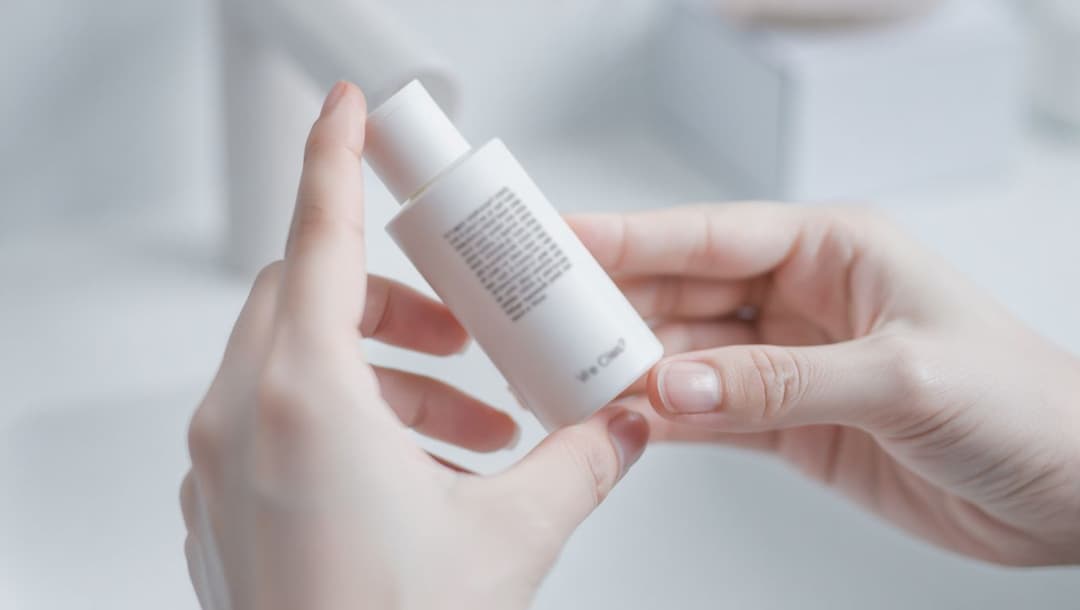Ever noticed your cheeks turning red and staying that way long after the embarrassment fades? Or maybe you’ve mistaken those stubborn bumps and redness for acne that just won’t quit? If so, you’re not alone—this could be acne rosacea, a chronic yet misunderstood skin condition that affects millions worldwide.
While it may begin with a simple flush, rosacea can evolve into a relentless companion, bringing discomfort, visible changes, and even a blow to self-confidence. But here’s the good news: with the right knowledge and care, rosacea doesn’t have to rule your life.
Let’s dive into what makes this condition unique, its triggers, and how you can take control of your skin.
Understanding Acne Rosacea: Symptoms, Causes, and Management
Acne rosacea, often simply referred to as rosacea, is a chronic skin condition primarily affecting the face. Unlike typical acne, which can occur due to clogged pores, rosacea is an inflammatory condition with unique triggers and symptoms. It commonly affects individuals over the age of 30 and is more prevalent in those with fair skin. Early recognition and management are key to minimizing its impact on quality of life.
Symptoms of Acne Rosacea
Rosacea manifests in various ways, which can range from mild to severe.
The symptoms include:
- 1. Facial Redness (Erythema): Persistent redness, especially on the cheeks, nose, forehead, and chin, is one of the hallmark signs of rosacea. This redness may resemble a sunburn that doesn’t fade.
- 2. Visible Blood Vessels (Telangiectasia): Broken or dilated blood vessels become visible under the skin, often adding to the redness.
- 3. Bumps and Pimples: Small, red, pus-filled bumps resembling acne may appear. Unlike regular acne, rosacea lacks blackheads or whiteheads.
- 4. Thickened Skin: In advanced cases, especially in men, the skin may thicken, particularly around the nose, leading to a condition known as rhinophyma. 5. Eye Irritation (Ocular Rosacea): Some individuals experience burning, stinging, or dryness in their eyes, accompanied by redness or swelling of the eyelids.
What Causes Acne Rosacea?
The exact cause of rosacea remains unclear, but researchers believe it involves a combination of genetic and environmental factors.
Key contributors include:
- Abnormal Immune Response: Rosacea may be linked to an overactive immune system, causing inflammation.
- Vascular Dysfunction: Issues with facial blood vessels can lead to redness and visible veins.
- Microbial Factors: A skin mite called Demodex folliculorum and certain bacteria (Helicobacter pylori) may contribute to rosacea in some individuals.
- Genetic Predisposition: A family history of rosacea increases the likelihood of developing the condition.
Common Triggers
Rosacea symptoms are often exacerbated by specific triggers. Identifying and avoiding these is a critical part of managing the condition.
Common triggers include:
- Hot or spicy foods and beverages
- Alcohol, especially red wine
- Extreme temperatures (hot or cold weather)
- Sun exposure
- Stress or emotional upset
- Vigorous exercise
- Certain skin-care products or medications
Treatment Options
Although there is no cure for rosacea, several treatments can help control symptoms:
- 1. Topical Medications: Prescription creams or gels, such as metronidazole or azelaic acid, reduce inflammation and redness.
- 2. Oral Medications: Antibiotics like doxycycline can treat moderate to severe cases. For resistant cases, isotretinoin may be considered.
- 3. Laser Therapy: This is effective for reducing redness and visible blood vessels. 4. Lifestyle Modifications: Avoiding known triggers, using gentle skincare products, and wearing sunscreen daily can prevent flare-ups.
- 4. Eye Care: For ocular rosacea, warm compresses and prescribed eye drops may help.
Self-Care Tips
Managing acne rosacea often involves making adjustments to daily routines:
- Gentle Skincare: Use non-irritating, fragrance-free cleansers and moisturizers.
- Sunscreen: Opt for a broad-spectrum sunscreen with at least SPF 30.
- Dietary Awareness: Keep a food diary to identify and avoid triggers.
- Stress Management: Techniques like yoga, meditation, or regular exercise can help reduce stress-induced flare-ups.
When to See a Doctor
It’s important to consult a dermatologist if you experience persistent facial redness or other rosacea symptoms. Early intervention can prevent the condition from worsening and minimize long-term skin changes.
Living with Acne Rosacea
Acne rosacea may be a chronic condition, but it doesn’t have to take center stage—or steal the spotlight on your cheeks. With the right knowledge, treatment, and proactive care, it’s possible to manage symptoms effectively and regain control over your skin’s health. Millions of people face the same challenge, and advancements in dermatology mean more options than ever to keep rosacea in check.
By understanding your triggers, building a tailored skincare routine, and seeking expert help when needed, you can turn the spotlight away from redness and back to your radiant confidence. Your skin's story is one of resilience-and with the right tools, you can write the ending you deserve.

















